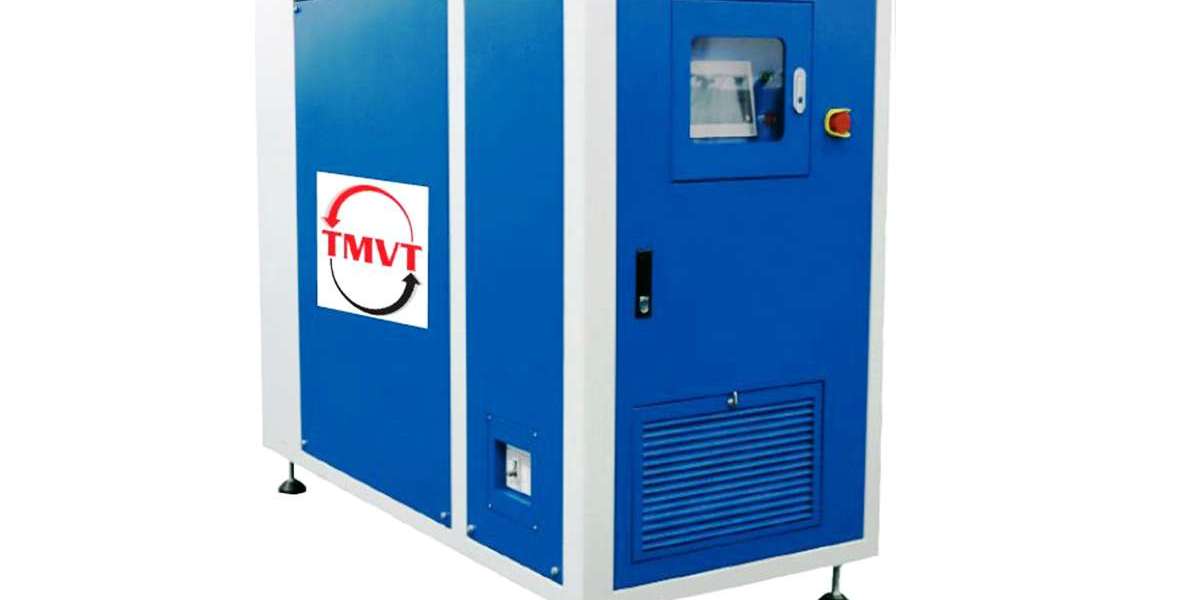When it comes to optimizing energy use in industrial applications, Turbo Blowers are quickly becoming the go-to solution, surpassing traditional blowers in both performance and energy efficiency. At the heart of their growing popularity is their ability to provide high airflow while consuming significantly less energy. In this article, we will explore the efficiency advantages of Turbo Blowers over traditional blowers and why industries are making the switch.
What are Turbo Blowers?
Turbo Blowers are centrifugal blowers designed for high-efficiency air or gas compression. Unlike traditional blowers, which typically rely on rotary or reciprocating mechanisms, Turbo Blowers use a high-speed impeller system to create airflow. This enables them to deliver more compressed air with less energy input, offering significant benefits in various industrial processes, such as wastewater treatment, pneumatic conveying, and more.
Turbo Blowers vs. Traditional Blowers: Key Differences
Energy Efficiency: One of the main reasons Turbo Blowers are preferred over traditional blowers is their superior energy efficiency. Traditional blowers, such as rotary lobe or screw compressors, operate with constant energy consumption, regardless of airflow or pressure requirements. In contrast, Turbo Blowers have variable speed drives (VSD), which allow them to adjust their speed in response to real-time demand. This means they consume only the necessary energy, making them more energy-efficient, particularly in applications with fluctuating demands.
Reduced Operational Costs: Due to their ability to adjust power usage based on need, Turbo Blowers can significantly lower operating costs. In fact, Turbo Blowers can cut energy consumption by up to 30% when compared to traditional blowers, leading to substantial savings over time. This reduction in energy costs is one of the key drivers for businesses looking to improve operational efficiency and sustainability.
Higher Airflow and Pressure: Turbo Blowers are designed to provide higher airflow at elevated pressures. This makes them suitable for industries where high-efficiency air supply is crucial, such as in wastewater treatment plants, where consistent airflow is required for aeration processes. Traditional blowers may struggle to provide the same airflow at similar pressures, especially in high-demand environments.
Compact and Space-Saving Design: Another advantage of Turbo Blowers over traditional blowers is their compact design. Turbo Blowers are typically smaller and more lightweight compared to rotary and screw blowers, which often require large, bulky components. This makes them easier to install, save valuable space in a facility, and reduce maintenance costs due to fewer moving parts.
Longer Lifespan and Reliability: Turbo Blowers have fewer moving parts compared to traditional blowers, which means there is less wear and tear on the system. As a result, they tend to have a longer lifespan and require less maintenance. Traditional blowers, on the other hand, can suffer from issues like friction and overheating due to the high number of moving parts, resulting in more frequent repairs and replacements.
Lower Noise Levels: Noise pollution can be a significant concern in industrial settings. Traditional blowers are often loud, requiring additional soundproofing measures to reduce noise. Turbo Blowers, on the other hand, operate more quietly due to their smoother operation and streamlined design. This not only improves the working environment but also helps businesses comply with noise regulations, creating a quieter and more comfortable workspace.
Sustainability Benefits: In today’s eco-conscious world, companies are under increasing pressure to adopt more sustainable practices. Turbo Blowers offer a greener alternative by reducing energy consumption and improving efficiency, contributing to a smaller carbon footprint. With industries seeking ways to meet sustainability goals, the transition to Turbo Blowers aligns with global environmental efforts to minimize energy use and lower greenhouse gas emissions.
Improved Process Control: The variable speed capabilities of Turbo Blowers also allow for better process control. Traditional blowers run at a fixed speed, regardless of system demands, which can lead to inefficiencies in certain applications. Turbo Blowers, however, can be programmed to adjust their speed based on the airflow and pressure required, providing greater control over the process and improving system performance.
Applications of Turbo Blowers
Turbo Blowers are used in a variety of industries that require high-pressure airflow, including:
Wastewater Treatment: In aeration tanks, where efficient air circulation is necessary for biological treatment processes.
Pneumatic Conveying: For transporting materials in industries such as food processing, pharmaceuticals, and mining.
Chemical Processing: In environments that demand precise airflow control and high efficiency.
Their energy efficiency and reliable performance make Turbo Blowers an excellent choice for these industries and more.
Conclusion
Turbo Blowers offer a clear efficiency advantage over traditional blowers, providing businesses with the opportunity to reduce energy consumption, operational costs, and maintenance needs while improving system reliability and performance. With their superior airflow capacity, compact design, and long-lasting durability, Turbo Blowers are an investment that pays off in the long term, both economically and environmentally. For industries looking to improve operational efficiency, switching to Turbo Blowers could be the key to achieving significant cost savings and sustainability goals.








